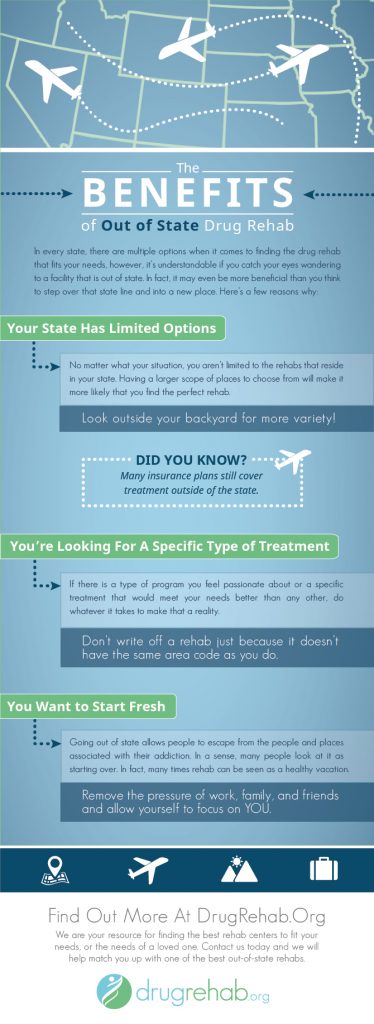Learn About Effective Techniques For Taking Care Of Triggers And Cravings After Rehabilitation To Safeguard Your Recovery Journey And Efficiently Navigate Through Difficult Times
Learn About Effective Techniques For Taking Care Of Triggers And Cravings After Rehabilitation To Safeguard Your Recovery Journey And Efficiently Navigate Through Difficult Times
Blog Article
Article Written By-Blackburn Stilling
You've finished Drug rehabilitation and taken a considerable step in the direction of a healthier way of living. Today, dealing with triggers and food cravings post-rehab can be a tough trip. Exactly how do you browse through these minutes without endangering your progress? Recognizing the strategies to handle triggers and food cravings is important in preserving your sobriety. Let's discover effective methods to deal with these challenges and guard your newly found dedication to living a drug-free life.
Determining Triggers and Cravings
To efficiently handle your triggers and desires, begin by acknowledging the scenarios or feelings that bring about your need to use. Take a moment to assess what situations or feelings motivate your desires. Is it anxiety, boredom, social circumstances, or certain areas? By identifying these triggers, you can much better prepare yourself to cope with them.
Triggers can be both interior, such as adverse emotions or physical discomfort, and exterior, like being around individuals that use substances or seeing a certain place.
Take https://zenwriting.net/rosa52dillon/the-makeover-of-individuals-and-family-members-via-drug-rehab-a-new-phase of patterns in your yearnings-- are they much more frequent at certain times of the day or in reaction to particular events?
Building Healthy And Balanced Coping Techniques
Recognizing your triggers and desires is the first step in the direction of building healthy and balanced coping strategies to manage them successfully. When you recognize what circumstances, emotions, or people cause your cravings, you can start establishing a strategy to address them.
One efficient technique is to change adverse behaviors with positive ones. For example, if stress and anxiety triggers cravings, exercising leisure strategies such as deep breathing or reflection can assist. Taking part in exercises such as exercise or opting for a stroll can additionally be an excellent method to manage desires.
One more crucial aspect of structure healthy coping techniques is to develop a helpful environment. Border on your own with individuals who recognize your journey and can offer inspiration and responsibility. It's important to develop borders with people who might not support your healing.
Furthermore, creating a routine that consists of healthy and balanced behaviors like normal workout, proper nutrition, and adequate rest can help you remain on track and minimize the likelihood of experiencing triggers and cravings.
Seeking Support and Liability
Producing a network of supportive people that can offer inspiration and hold you liable is critical in handling triggers and cravings effectively. Choose good friends, family members, or a support group who understand your trip and can provide assistance when you face challenging situations.
Having a person to talk to during minutes of temptation can make a considerable distinction in remaining on track with your recuperation. Liability companions can aid you stay focused on your objectives and advise you of the reasons that you chose to seek help to begin with.
They can additionally aid in creating a structured strategy to handle triggers and food cravings, such as establishing different tasks or coping devices to replace the urge to make use of medications. https://www.kqed.org/news/11909484/new-tenderloin-site-highlights-challenge-of-connecting-people-to-drug-treatment-and-housing-services -ins with your support system can provide confidence and inspiration, assisting you really feel much less separated in your recovery trip.
Verdict
Remember, recognizing and dealing with triggers and cravings after Drug rehabilitation is an essential part of preserving sobriety.
By determining your triggers, developing healthy and balanced coping methods, and seeking support from loved ones or support system, you can navigate through tough minutes and remain focused on your soberness objectives.
Remember, you aren't alone in this journey, and with the right tools and assistance, you can conquer temptations and live a fulfilling, drug-free life.
Remain solid and keep progressing.
